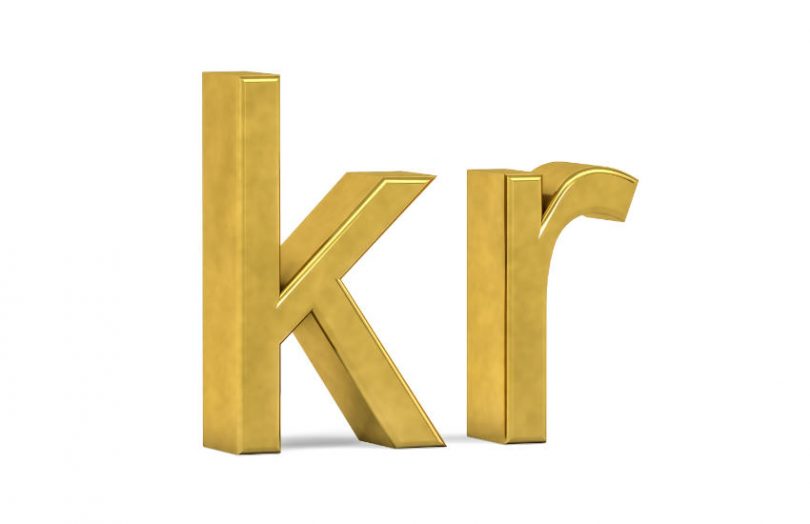In a report on new types of digital money, Danmarks Nationalbank analyzes the popular motivations for a central bank digital currency (CBDC) amongst developed nations. As context, Denmark is one of the EU countries that is not part of the euro currency zone. A core rationale promoted by the European Central Bank (ECB) is for a retail CBDC to act as a trust ‘anchor’ for digital money once cash disappears. Denmark’s central bank highlights that its domestic payments are already primarily digital – just over 10% of physical purchases in Denmark use cash – and it does just fine without a CBDC.
The few citizens that store money in cash cite the motivation as anonymity rather than trust. There is “nothing to indicate that citizens use and hold cash because they regard it as more secure than bank deposits,” says the report.
Denmark has a couple of factors that it believes influence this position. One is instant payments help ensure trust in digital money so people can quickly move money between different banks. Another is the central bank guarantee for bank deposits up to a limit, which now exists in many developed nations.
However, it acknowledges that most Danish payments still use bank money rather than other forms of digital money. Just 22% of payments use mobile and are spread between two domestic apps and Google and Apple Pay. In contrast, there is a greater concentration in other countries, such as WeChat Pay and AliPay, that dominate in China.
The central bank states that if a variety of stablecoins of different quality were to become mainstream, fragmenting payments, then a CBDC might be perceived as more secure, including compared to bank deposits. This is one of the reasons it is monitoring developments.
Other CBDC motivations, Denmark’s perspective
The Nationalbank takes several arguments in favor of a retail CBDC and suggests an alternative path through regulation. However, it doesn’t entirely dismiss CBDC because it’s unclear how innovations will pan out. Below are some of Denmark’s alternative suggestions or counterarguments
- Support new technology and innovation – instead, help develop standards, allow tokenized bank money
- Financial inclusion – every Danish citizen is already entitled to a bank account
- Strengthen future competition – a complex question. Difficult to be sure CBDC will reduce market failures
- Reduce dependence on foreign payment systems – more independence might make CBDC less useful
- Restrict use of private data – CBDC via intermediaries still leaks data; just legislate against it
- Improve resiliency – but close interconnection between CBDC and bank deposits means breakdowns still have impact
- Prevent currency substitution – limit by law. But this one IS relevant for Denmark
CBDC and currency substitution
At first, Denmark states that currency substitution is only really a risk for weak domestic currencies and considers itself a financially stable economy. It suggests there can be restrictions on holding a foreign currency, although Denmark is an open economy.
However, we’d observe that in many ways, Denmark is in a similar position to Canada, which is also a stable economy, but its neighbor, the United States has a dominant currency that could threaten its monetary sovereignty.
Because Denmark is part of the EU but not the euro currency zone, its position might be considered weaker or stronger than Canada’s: Weaker because of open access rules within the EU; Stronger because it has a seat at the table.
The Danish report explicitly states that a euro CBDC solution on an equal footing with other solutions could impact competition in Denmark. And the unlimited ability for consumers and businesses to hold Euros could impact monetary stability. “It may affect the demand for Danish kroner, the banks’ business model, and increase the risk of systematic bank runs,” says the paper.
Meanwhile the report also explores stablecoins and wholesale CBDC.







